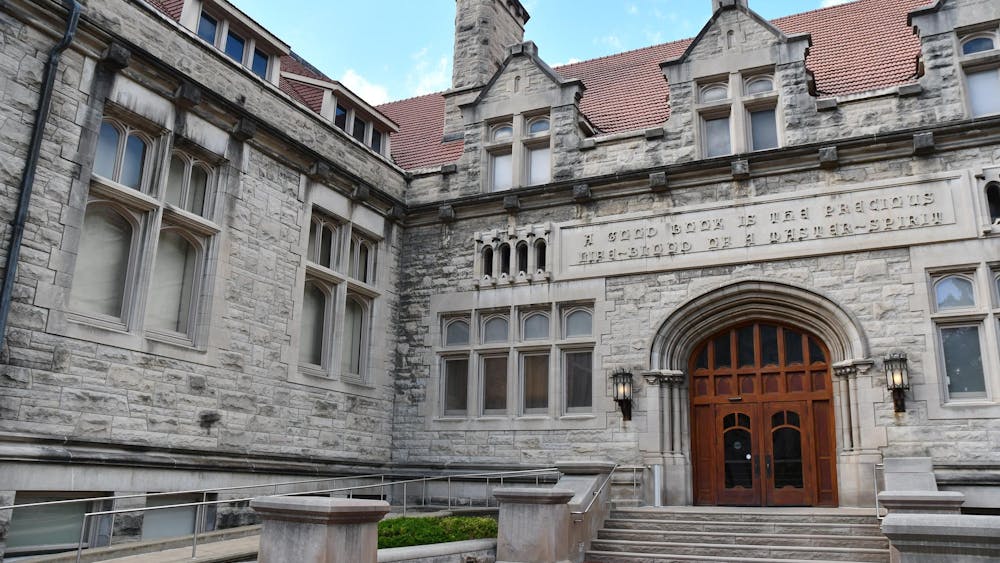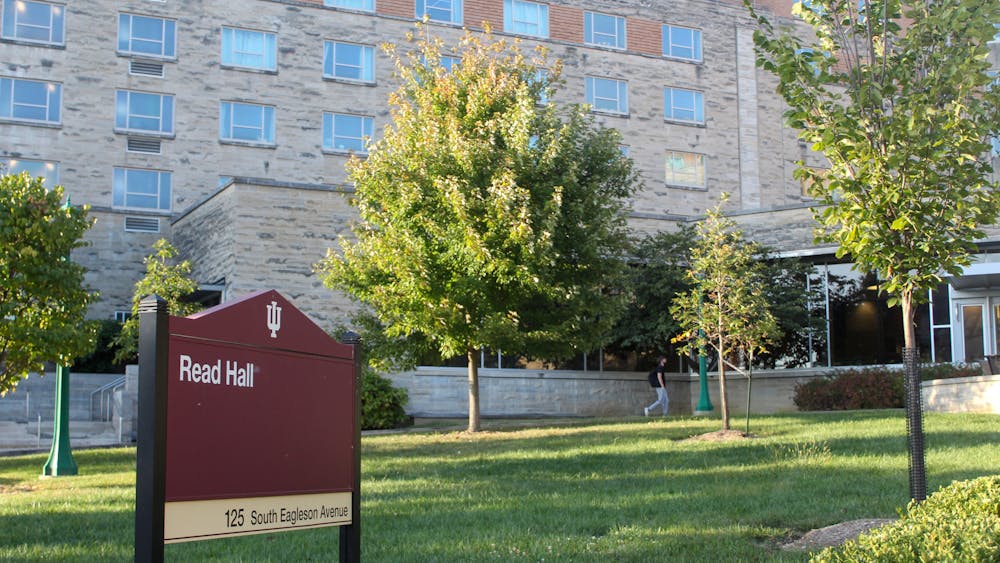Attorney General Jeff Sessions rescinded an Obama-era medical marijuana memorandum Jan. 4, creating a new rift between state and federal prosecution.
The rescinded memorandum, sent out in 2013 by then Deputy Attorney General James Cole, expanded federal leniency to commercial marijuana suppliers, and instead focused prosecution on revenue-related criminal activities, distribution to minors and illegal transport across state lines.
Another memorandum, signed by former Deputy Attorney General David Ogden in 2009, upheld the prosecution of large marijuana trafficking networks such as the Mexican cartels, but instructed federal prosecutors to stop devoting their resources toward individuals “whose actions are in clear and unambiguous compliance with existing state laws providing for the medical use of marijuana.”
While Sessions’ announcement doesn’t directly target medical marijuana companies for prosecution, it has eliminated many of the protections past administrations have provided to the nascent industry, and may jeopardize the health of thousands of patients reliant on marijuana and its derivatives.
As marijuana becomes increasingly decriminalized, the United States government must also address the severe racial injustices existent in current law enforcement practices.
Black Americans, despite using marijuana at a similar rate to other racial groups, are arrested for possession, on average, 3.7 times more often than whites.
Upon national legalization, the 30,000 individuals behind bars solely for possessing or selling marijuana deserve release and rehabilitation.
By allowing the marijuana industry to be federally prosecuted, Sessions’ actions have contributed to this racial disparity.
In 2015, the marijuana industry generated $2.8 billion in economic activity and created 18,000 jobs in Colorado, one of the first states to legalize what the federal government still considers a Schedule I drug.
Currently, the DEA makes no discrepancy between cannabidiol, the primary active ingredient in medical marijuana, and recreational marijuana, and considers marijuana to have “no currently accepted medical use and a high potential for abuse,” placing it in the same category as heroin and methamphetamine.
Especially now that the World Health Organization has recommended that cannabidiol be classified as a compound with little potential for abuse or dependence, the DEA should reconsider how marijuana is categorized.
Marijuana, which researchers suggest may be safer than alcohol and tobacco, may have potential medical applications involving a slew of health conditions, including epilepsy and chronic pain.
It is time for our federal government to treat marijuana as what it is: a potential source of economic growth and medical application.
Marijuana has since been legalized for recreational use in seven states and for medical use in 21 more. A majority of Republicans support the legalization of the drug, as does 64 percent of the total U.S. population.
Sessions’ rescission is yet another example of a Trump administration decision spurred not by the will of the American people but personal bias and misunderstanding.





